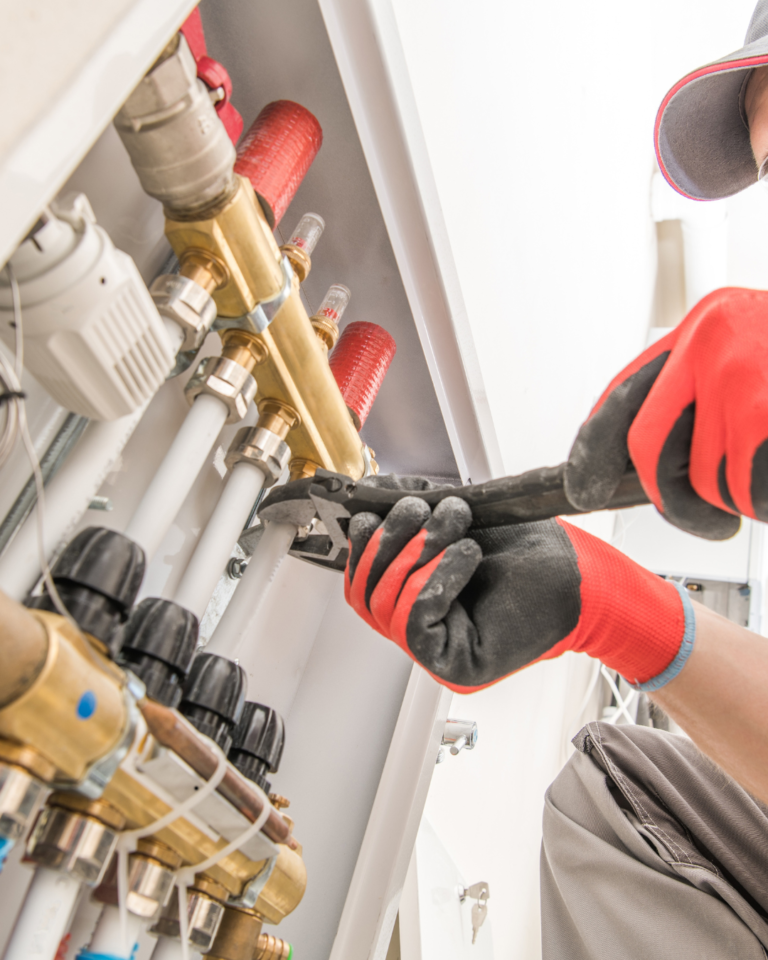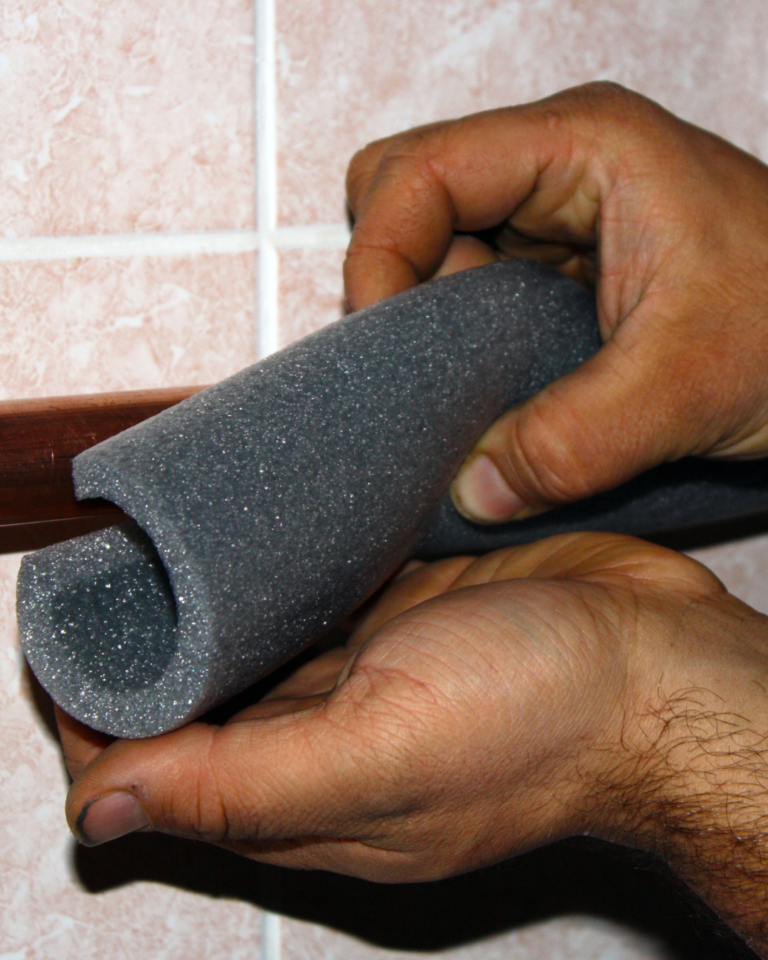Introduction to the Importance of Garage Heaters in Winter
Winter, with its biting chill and relentless winds, often turns garages into unwelcoming, frigid spaces. These areas, typically not connected to central heating systems, can become iceboxes, making any activity inside them uncomfortable, if not impossible. This is where garage heaters play a vital role, transforming these spaces from inhospitable to inviting, ensuring they are usable year-round.
For many homeowners, the garage serves more than just a car storage function; it can be a workshop, a hobby space, or even a small gym. Without adequate heating, these activities might come to a standstill as temperatures plummet. Garage heaters offer a straightforward solution, providing the necessary warmth to maintain comfort and productivity even in the depths of winter.
Moreover, garage heaters are not just about comfort; they also contribute to the protection of your belongings. Cold temperatures can wreak havoc on vehicles, tools, and other equipment stored in the garage. By maintaining a stable, warm environment, garage heaters help prevent damage caused by freezing temperatures, such as battery failures in cars or rust formation on metal tools.
Ultimately, investing in a garage heater is a decision that enhances the functionality and utility of your garage, ensuring it remains a practical and comfortable extension of your home throughout the winter months. By keeping the chill at bay, you can continue to enjoy and utilize this valuable space, no matter how cold it gets outside.
Understanding Different Types of Garage Heaters
When temperatures plummet, having a reliable heating solution in your garage can transform a cold, unwelcoming space into a cozy, functional area. Understanding the different types of garage heaters available is crucial to making an informed decision that enhances your winter comfort.
1. Electric Garage Heaters
Electric garage heaters are a popular choice for many homeowners due to their convenience and ease of installation. These heaters are typically compact, making them suitable for smaller spaces. They operate quietly and are generally considered safer since they don’t involve combustible fuels. Electric heaters can be wall-mounted or portable, allowing flexibility in usage. However, they may lead to higher electricity bills depending on usage.
2. Gas-Fired Garage Heaters
Gas-fired heaters, powered by natural gas or propane, are ideal for larger garages. They offer robust heating capabilities and can quickly raise the temperature in spacious areas. These heaters require a natural gas line or propane tank, and professional installation is recommended. While initial costs may be higher, they often prove more cost-effective in the long run due to lower fuel prices compared to electricity.
3. Infrared Garage Heaters
Infrared heaters function by emitting radiant heat, which warms objects and people directly rather than heating the air. This method can be highly efficient, especially in well-insulated garages. Infrared heaters are available in both electric and gas models, providing options to suit various needs and preferences. They are particularly effective in reducing drafts and maintaining a consistent temperature across the garage space.
Choosing the right garage heater involves considering factors such as space size, insulation levels, and energy costs. By selecting an appropriate heater, homeowners can ensure their garages remain comfortable and functional, even during the harshest winter months.
Key Features to Look for in a Garage Heater
When winter descends with its formidable chill, a well-heated garage can transform an often-overlooked space into a warm haven for projects, storage, and more. Selecting the right garage heater is crucial to achieving optimal comfort and efficiency. Here are the key features you should consider when choosing a garage heater for your winter needs:
1. Heating Capacity
The heater’s power, often measured in British Thermal Units (BTUs), determines its capacity to warm up your garage. It’s essential to match the BTU rating with the size of your garage to ensure efficient heating. A unit with insufficient BTUs will struggle to maintain warmth, while an overly powerful one may waste energy.
2. Type of Heater
Garage heaters come in various types, including electric, propane, and natural gas models. Electric heaters are generally easier to install and maintain, while gas heaters offer more robust heating capabilities. Consider your garage’s ventilation and fuel availability when making your choice.
3. Safety Features
Safety should be a priority when selecting a garage heater. Look for models equipped with safety features such as automatic shut-off in case of overheating or tip-over. These features help prevent accidents and ensure peace of mind during use.
4. Energy Efficiency
Energy-efficient heaters not only help reduce utility bills but also minimize environmental impact. Look for heaters with programmable thermostats and energy-saving modes to maintain comfort without unnecessary energy consumption.
5. Installation and Mounting Options
Consider the ease of installation and the available mounting options. Some heaters can be wall-mounted or ceiling-mounted, which can save valuable floor space and distribute heat more evenly.
By paying attention to these key features, you can select a garage heater that will enhance your winter comfort, ensuring that your garage remains a useful and inviting space even when the temperatures drop outside.
Benefits of Using Garage Heaters for Winter Comfort
As the temperature begins to plummet, the chill of winter can seep into every corner of your home, including the garage. While often overlooked, garages play an integral role in maintaining the overall comfort and functionality of your home during the colder months. Equipping your garage with a reliable heater can transform this space from a frigid storage room into a warm, usable area, offering numerous benefits.
Firstly, a heated garage provides enhanced protection for your vehicle. Cold temperatures can adversely affect your car’s battery life, tire pressure, and engine performance. By keeping your garage warm, you can help prevent these winter-related issues, ensuring your vehicle remains in optimal condition.
Moreover, a garage heater creates a more comfortable environment for any projects or hobbies you might want to pursue during the winter. Whether it’s woodworking, crafting, or even a home gym setup, a cozy garage ensures that cold weather won’t interrupt your activities.
Additionally, using a garage heater can contribute to energy efficiency. Insulating and heating your garage reduces heat loss from adjoining living spaces, lowering the overall demand on your home’s heating system. This not only helps in cutting down energy costs but also enhances the warmth throughout your home.
Lastly, a warm garage can act as a buffer zone between the harsh outdoor temperatures and the interior of your home, decreasing the cold air infiltration that can affect indoor comfort. This added layer of protection makes your entire home feel more insulated and inviting during the winter season. Overall, investing in a garage heater is a practical decision that enhances winter comfort and helps maintain your home’s efficiency and warmth.
How to Choose the Right Garage Heater for Your Needs
When winter settles in, transforming your garage into a warm, usable space can dramatically enhance your overall home comfort. However, selecting the right garage heater is pivotal to achieving this. The process involves considering a multitude of factors to ensure that the chosen heater meets your specific needs effectively.
Firstly, assess the size of your garage. The heater’s power should correlate with the garage’s square footage. A small, insulated garage might only need a heater with a lower BTU (British Thermal Unit), while larger, uninsulated spaces may require more robust heating solutions. Many online calculators can help you estimate the appropriate BTU rating based on your garage’s dimensions and insulation levels.
Secondly, consider the type of heater that best suits your space. There are various options available, including electric, natural gas, and propane heaters. Electric heaters are generally safer and more convenient for smaller spaces, as they require only an electrical outlet. In contrast, gas heaters may be more cost-effective and powerful for larger garages, but they require proper ventilation and professional installation.
Additionally, think about the heater’s safety features, such as automatic shut-off sensors and overheating protection, which are crucial for preventing accidents. Noise level and energy efficiency are also important factors, as they can affect the comfort and cost-effectiveness of your garage heating solution.
Ultimately, choosing the right garage heater involves a careful evaluation of your space’s requirements, your budget, and your preferences. By considering these elements, you can ensure that your garage remains a cozy and functional area throughout the winter months.




